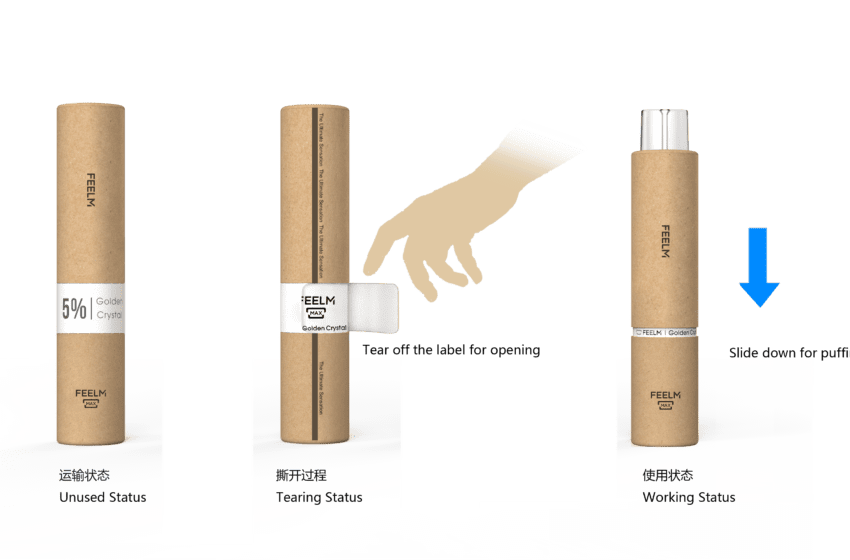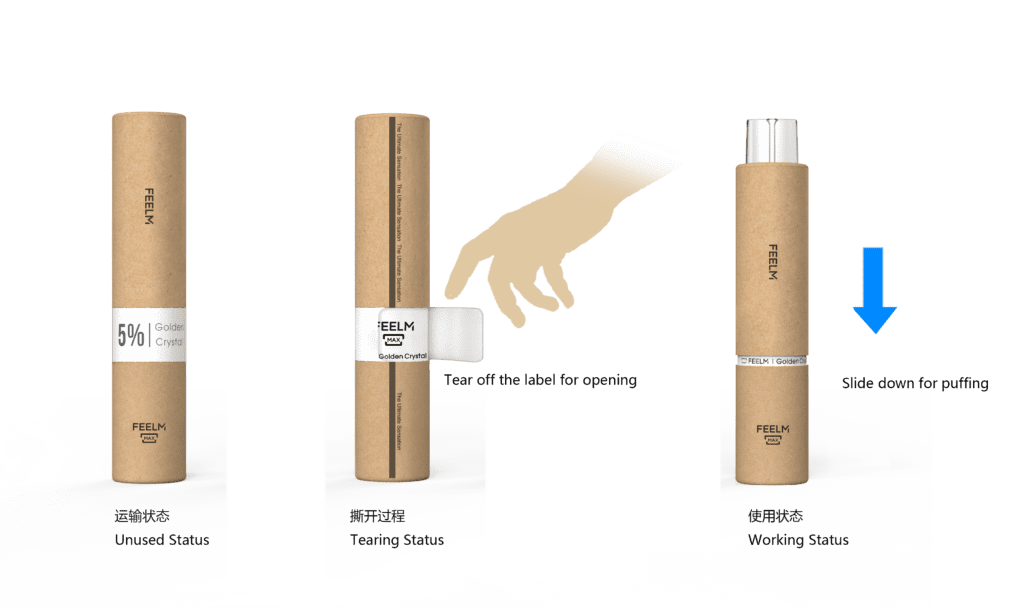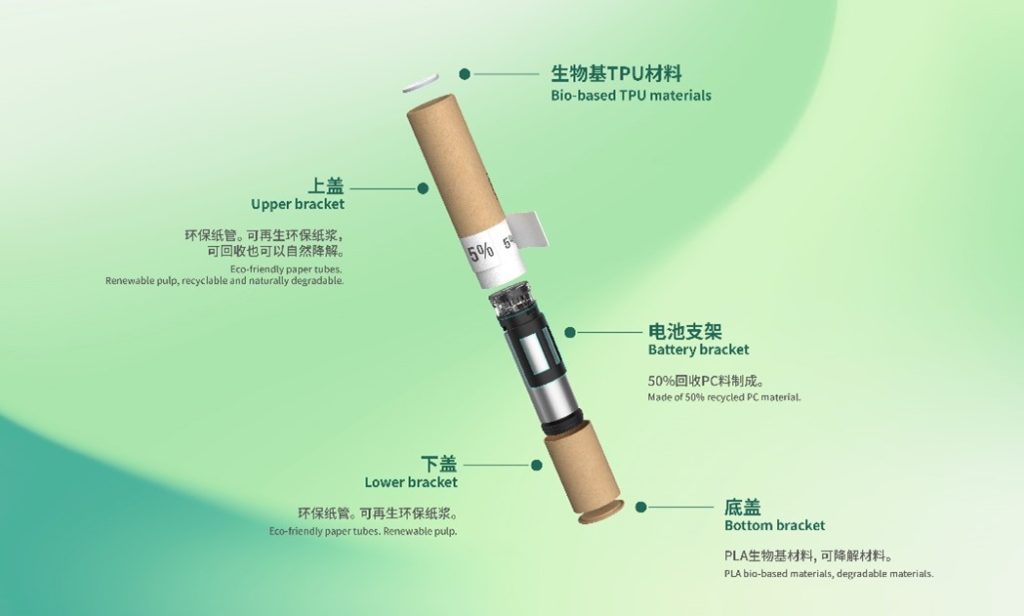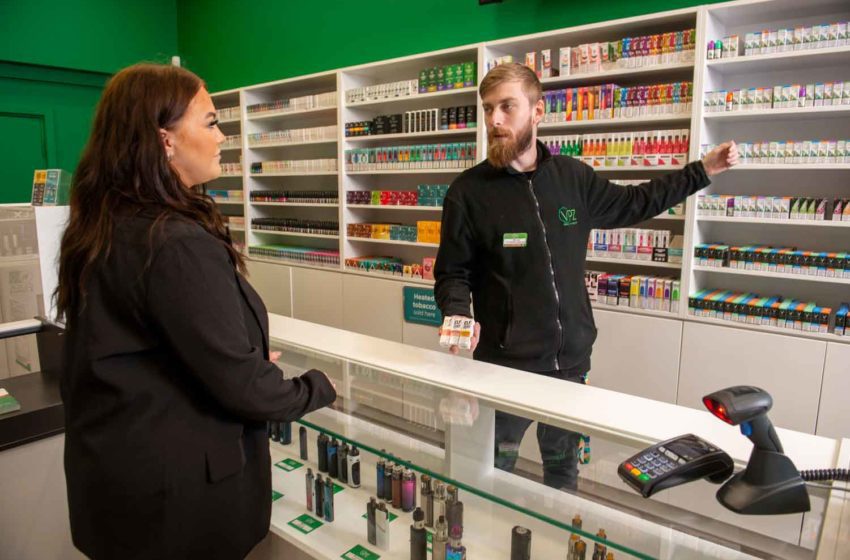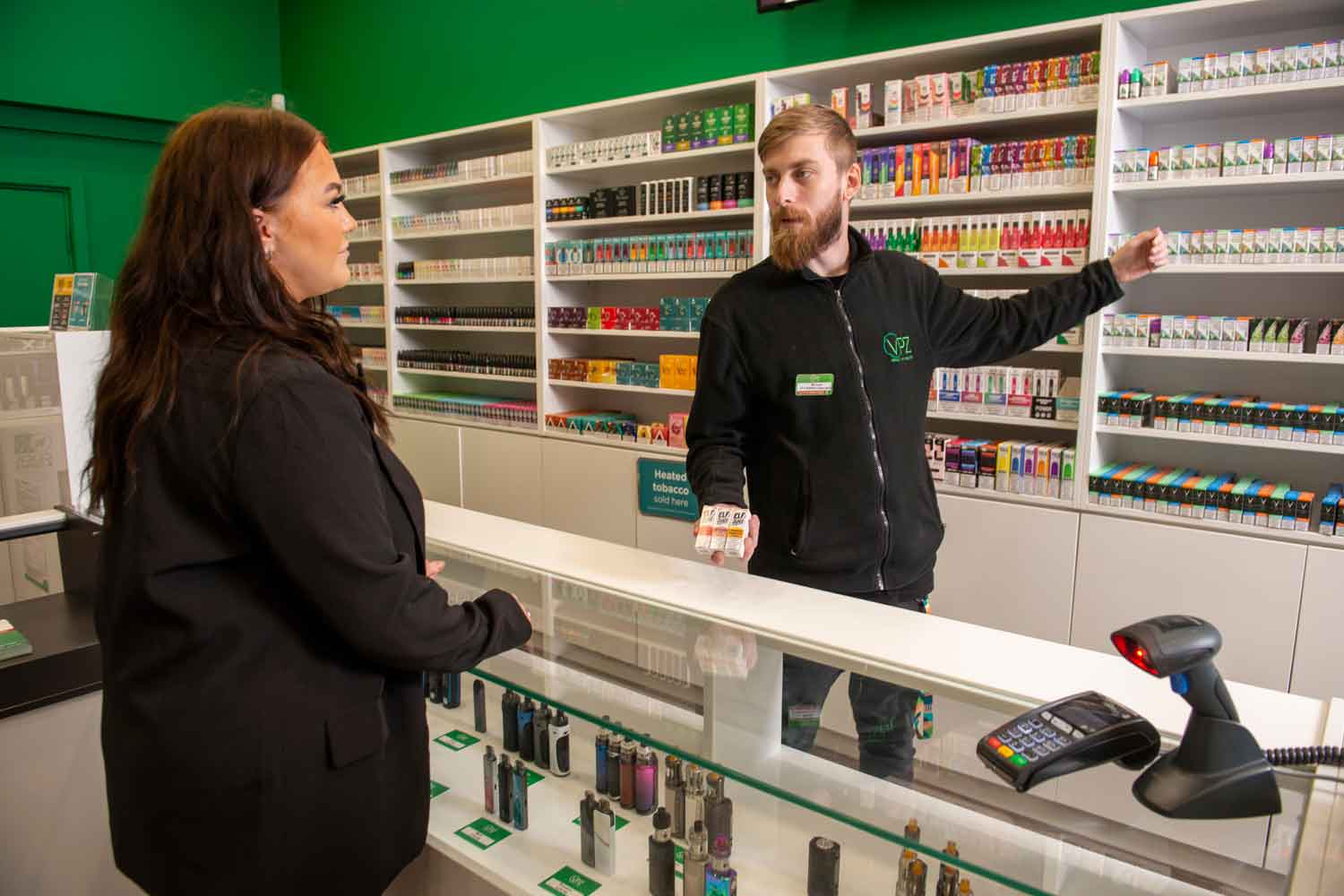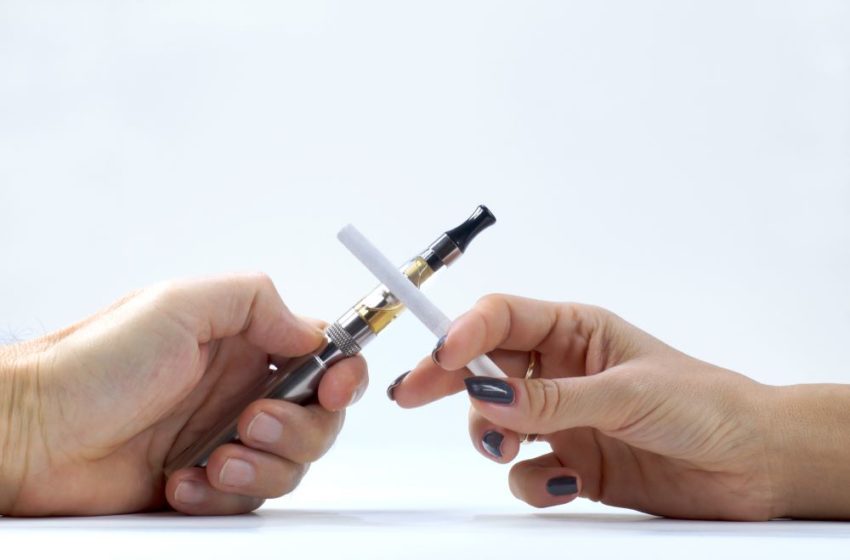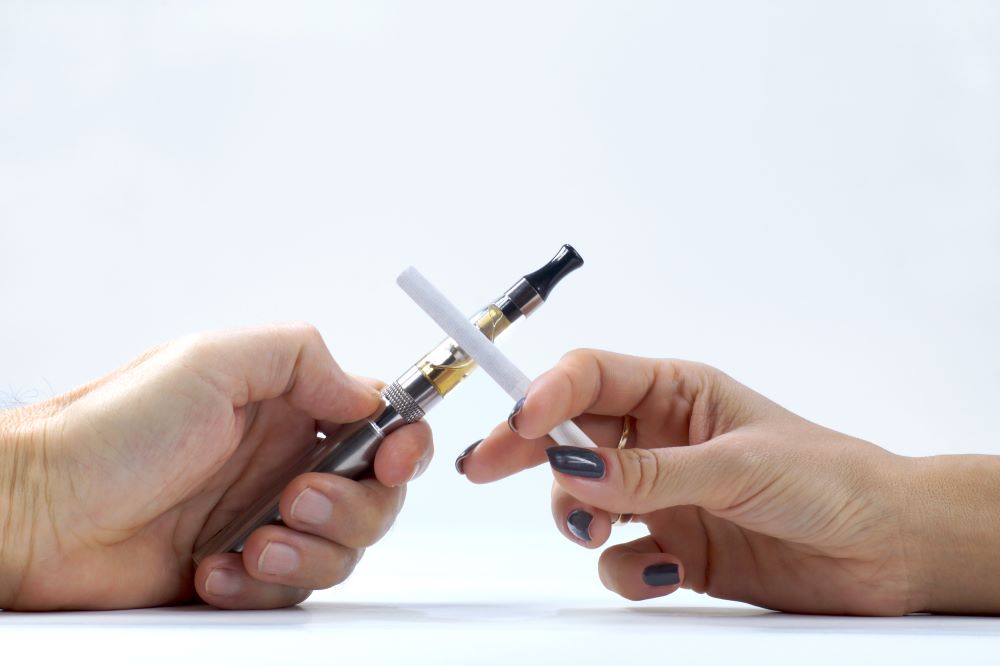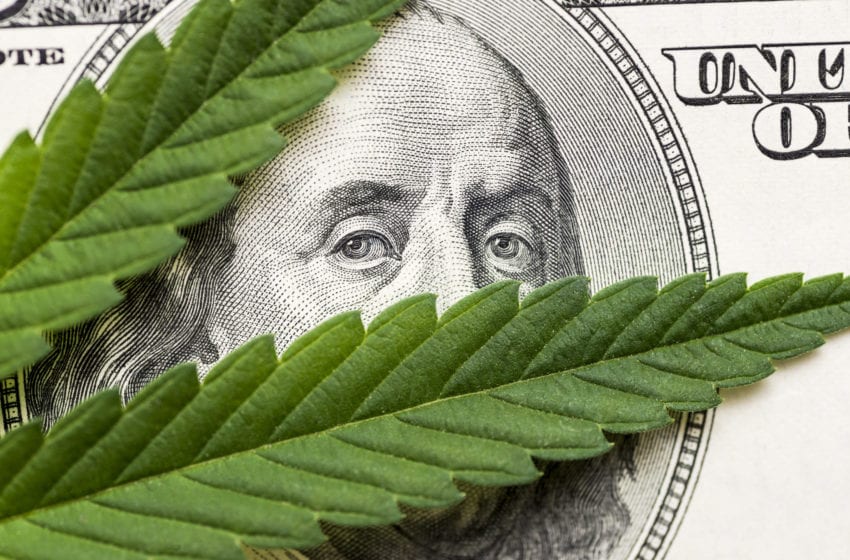
R.J. Reynolds and other vaping and tobacco companies filed a request Tuesday asking the Supreme Court of the United States to impose an emergency order to stop California from enforcing a ban on flavored vaping and other tobacco products.
The ban was overwhelmingly approved by voters earlier this month.
First passed by the state legislature two years ago, the ban never took effect after tobacco companies gathered enough signatures to put it on the ballot, according to media reports.
However, after nearly two-thirds of voters approved of banning the sale of everything from cotton-candy flavored e-liquid to menthol cigarettes. The law is set to go into effect by Dec. 21.
Supporters of the ban say the law was necessary to put a stop to a staggering rise in teen smoking.
Several companies filed suit over filed a lawsuit against California in federal court over the state’s ban on flavored products one day after voters backed the ban in a Nov. 8 referendum. However, the 9th U.S. Circuit Court of Appeals on Tuesday denied the company’s emergency motion to block the law pending appeal.
The companies suing California argue that the authority to ban flavored products rests in federal law. The Family Smoking Prevention and Tobacco Control Act gives the FDA the authority to regulate tobacco.
In the filing, the companies said they would suffer “irreparable harm” from not being able to sell the products in one of the nation’s largest markets.
The companies argued that small retailers will face laying off employees and possibly closing. Among those filing for the order is the Neighborhood Market Association, a group of San Diego retailers that include vape shops.


